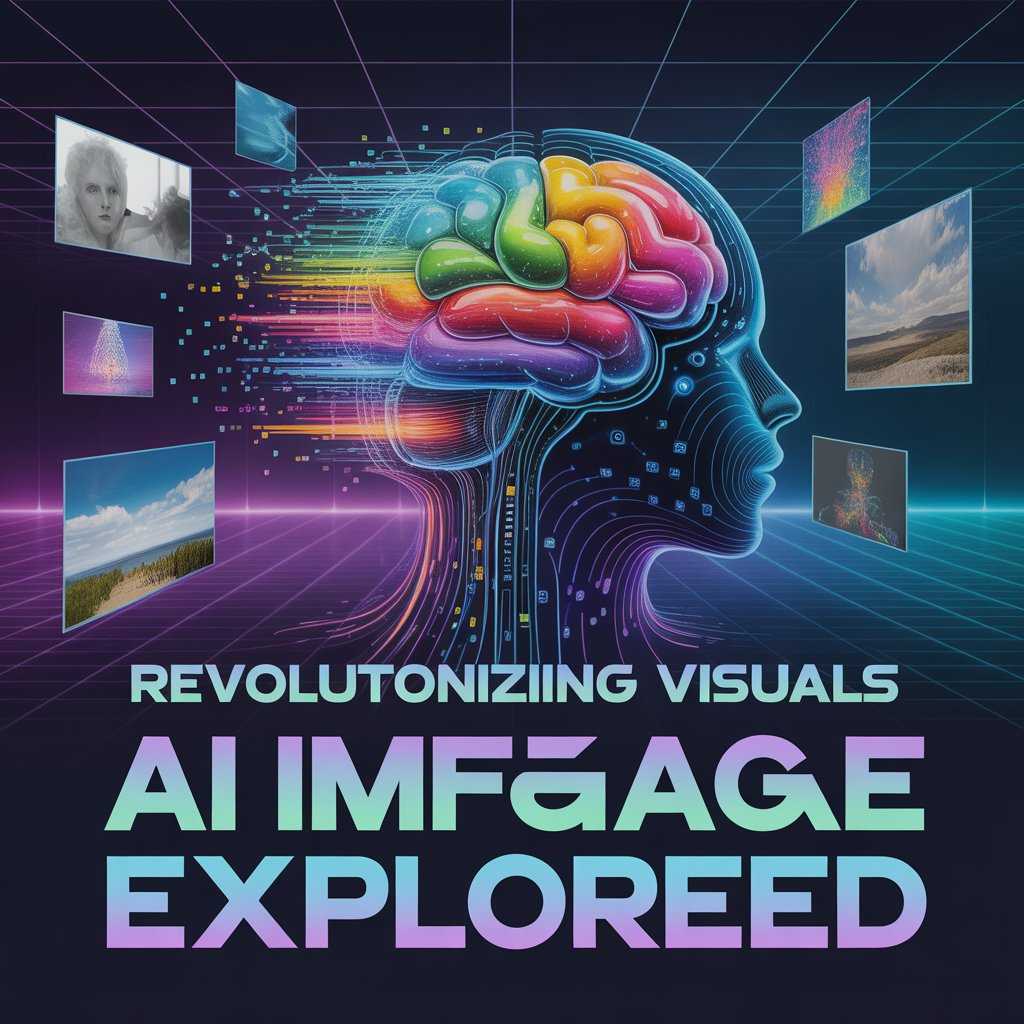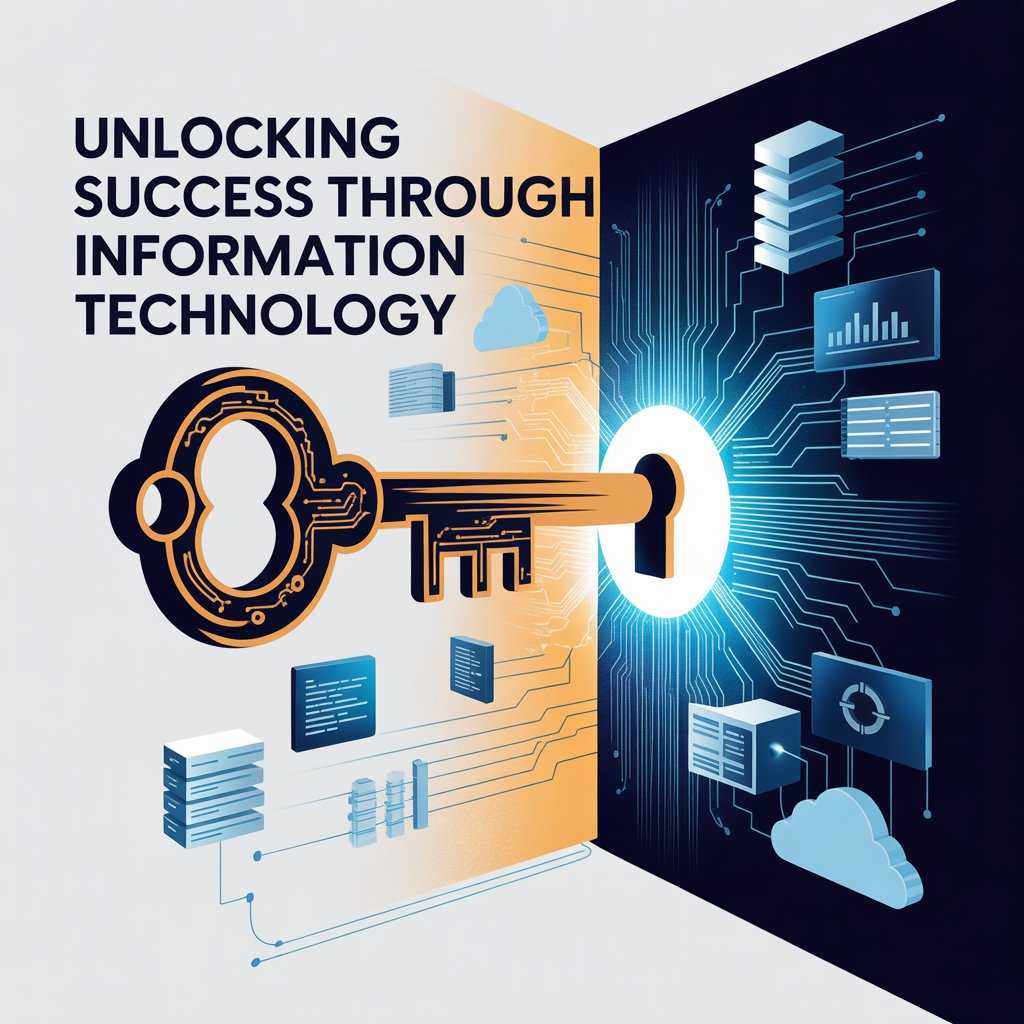Technology continues to reshape how we live, work, and connect with the world around us. For writers and aspiring authors, this rapid evolution presents an exciting opportunity to create compelling content that resonates with readers hungry for knowledge about our digital future.
Whether you’re a seasoned tech professional looking to share your expertise or a curious writer drawn to the possibilities of emerging technologies, 2025 offers fertile ground for innovative book ideas. The Technologyuzzfeed b sector spans countless niches from artificial intelligence and cybersecurity to renewable energy and space exploration each presenting unique storytelling opportunities.
The publishing landscape itself has been transformed by technology. Today’s authors can reach global audiences through multiple formats: traditional print, interactive eBooks, immersive audiobooks, and even augmented reality experiences. This technological revolution in publishing means your technology book ideas can take forms that were unimaginable just a decade ago.
Readers are actively seeking guidance on navigating our increasingly digital world. They want practical handbooks for coding and cybersecurity, thought-provoking fiction that explores AI ethics, and educational resources that make complex topics accessible. The demand for quality tech books to write has never been higher, creating opportunities for authors who can bridge the gap between technical expertise and engaging storytelling.
Evolution of Technology in Publishing
The publishing industry has undergone a dramatic transformation over the past two decades. Traditional print books, while still valuable, now share shelf space with interactive eBooks that incorporate multimedia elements, clickable diagrams, and embedded videos. Audiobooks have evolved beyond simple narration to include sound effects, multiple voice actors, and even personalized content based on listener preferences.
Artificial intelligence has emerged as a Powerful tool for authors developing book ideas. AI can help with research, fact-checking, and even generating initial drafts that writers can refine and personalize. Machine learning algorithms analyze reader preferences to suggest topics with high market potential, helping authors identify promising technology book ideas before investing months in writing.
Virtual and augmented reality technologies are creating entirely new categories of books. Imagine reading about quantum computing while manipulating 3D models of quantum states, or exploring cybersecurity concepts through interactive simulations. These immersive formats open up possibilities for futuristic book ideas that engage readers in unprecedented ways.
The democratization of publishing through digital platforms means authors no longer need traditional publishers to reach their audience. Self-publishing tools have become sophisticated, offering professional-quality formatting, global distribution, and detailed analytics. This accessibility has led to an explosion of niche tech books to writing bloges, allowing authors to target specific audiences with highly specialized content.
Best Non-Fiction Technology Book Ideas
Beginner-Friendly Technology Guides
The demand for accessible technology education continues to grow as more people recognize the importance of digital literacy. Coding book ideas that focus on practical, real-world applications consistently perform well in the market. Consider writing guides that teach programming through game development, mobile app creation, or website building projects.
Cybersecurity book ideas are particularly relevant as data breaches and online threats make headlines daily. Books that teach individuals and small businesses how to protect themselves online, recognize phishing attempts, and implement basic security measures serve a critical need. Focus on actionable advice rather than theoretical concepts to maximize reader value.
Artificial intelligence no longer belongs exclusively to computer scientists. AI book ideas that explain machine learning, natural language processing, and automation in everyday language can help readers understand how these technologies impact their lives and careers. Consider creating guides for using AI tools in specific professions like marketing, healthcare, or education.
Advanced Technical Deep Dives
For readers with technical backgrounds, there’s strong demand for books that explore cutting-edge technologies in depth. Blockchain technology, despite its volatility in cryptocurrency markets, continues to find applications in supply chain management, digital identity, and smart contracts. Books that explore these practical implementations beyond financial speculation can serve professional audiences well.
Quantum computing represents one of the most fascinating frontiers in technology. While the subject is complex, skilled writers can create book ideas that make quantum principles accessible to engineers, researchers, and curious technologists. Focus on practical applications and current research rather than purely theoretical concepts.
Cloud computing has become essential infrastructure for businesses of all sizes. Books that guide readers through cloud migration strategies, cost optimization, and security best practices address real business needs. Consider specializing in specific cloud platforms or industry applications to differentiate your content.
Fictional Technology Book Ideas
Science fiction has always been a laboratory for exploring the implications of technological advancement. Contemporary book ideas in this genre can examine pressing questions about artificial intelligence ethics, genetic engineering, and the social impact of automation.
AI book ideas in fiction might explore scenarios where artificial intelligence achieves consciousness, the challenges of human-AI relationships, or societies where AI makes most decisions. These stories can be both entertaining and thought-provoking, helping readers consider the real-world implications of AI development.
Cybersecurity thrillers have gained popularity as cyber attacks become more sophisticated and consequential. Cybersecurity book ideas for fiction might involve hackers uncovering corporate conspiracies, government surveillance systems gone rogue, or cyber warfare between nations. Ground your stories in realistic technical details to create authentic tension and suspense.
Space exploration and colonization provide rich material for futuristic book ideas. With private companies launching missions to Mars and establishing commercial space stations, stories about life beyond Earth feel increasingly plausible. Explore the psychological, social, and technical challenges of space settlement to create compelling narratives.
Virtual and augmented reality technologies open up possibilities for stories that blur the lines between digital and physical reality. Consider plots involving people trapped in virtual worlds, augmented reality systems that manipulate perception, or societies where digital and physical identities become indistinguishable.
Educational Technology Book Ideas
The education sector has embraced technology at an unprecedented pace, creating opportunities for STEM book ideas that serve students, teachers, and parents. Books that make coding accessible to children through games, puzzles, and creative projects can inspire the next generation of technologists.
Technology book ideas for educators might focus on integrating digital tools into traditional curricula, managing hybrid learning environments, or using data analytics to improve student outcomes. Teachers need practical guidance on selecting and implementing educational technology, making this a valuable niche for experienced educators.
Academic and research-focused books can explore the intersection of technology with other fields. Digital healthcare, smart city development, and industrial automation represent growing areas of study. Books that synthesize research findings and present them in accessible formats can serve both academic and professional audiences.
Consider creating book ideas that address the digital divide and technology accessibility. Books about making technology more inclusive, designing for users with disabilities, or bridging the gap between different generations and their technology comfort levels address important social issues while providing practical guidance.
Business & Startup Technology Book Ideas
Digital transformation has become a business imperative rather than an option. Companies across all industries need guidance on implementing new techblogesideas , managing change, and staying competitive. Book ideas that provide frameworks for digital transformation, case studies of successful implementations, and strategies for overcoming common obstacles can serve business leaders well.
Startup culture and entrepreneurship in the technology sector continue to fascinate readers. Books that combine practical advice with inspiring success stories can motivate aspiring entrepreneurs while providing actionable guidance. Focus on specific aspects like raising capital, building technical teams, or scaling technology products to create targeted value.
The future of work has become a pressing topic as automation and AI change job requirements across industries. Books that help readers understand which skills will remain valuable, how to adapt to automated workplaces, and strategies for career development in a technology-driven economy address widespread concerns.
Consider exploring the intersection of technology and traditional industries. Books about how technology transforms agriculture, manufacturing, retail, or healthcare can serve professionals in these fields who need to understand and implement new tools and processes.
Green Technology & Sustainability Book Ideas
Environmental consciousness and technological innovation increasingly intersect, creating opportunities for book ideas that explore sustainable technology solutions. Renewable energy technologies, from solar panels to wind turbines to emerging options like tidal power, offer rich material for both technical guides and inspirational narratives.
Smart cities represent a compelling fusion of urban planning and technology. Books that explore how Internet of Things sensors, data analytics, and artificial intelligence can create more efficient, sustainable urban environments serve both policy makers and curious citizens interested in the future of city living.
Climate technology and environmental monitoring provide material for books that combine scientific accuracy with accessibility. Consider writing about carbon capture technologies, environmental sensors, or the role of big data in understanding and addressing climate change.
The circular economy and waste reduction through technology present opportunities for book ideas that are both practical and inspirational. Books about using technology to minimize waste, track resource usage, and create closed-loop production systems can serve both businesses and environmentally conscious consumers.
Innovative Formats for Technology Book Ideas
Traditional text-based books, while still valuable, represent just one option among many for today’s technology authors. Interactive eBooks can incorporate multimedia elements like videos, animations, and clickable diagrams that enhance understanding of complex technical concepts.
Augmented reality books allow readers to visualize three-dimensional models, manipulate virtual objects, and experience immersive demonstrations. These formats work particularly well for technology book ideas that involve spatial concepts, engineering principles, or scientific visualization.
Audiobooks have evolved beyond simple narration to include multiple voice actors, sound effects, and even interactive elements. Consider how audio formats might enhance your book ideas, particularly for topics that benefit from demonstration or explanation by multiple experts.
Serialized content and subscription-based books allow authors to maintain ongoing relationships with readers while covering rapidly evolving technology topics. This format works well for subjects where information becomes outdated quickly or where readers benefit from regular updates and new insights.
Future of Technology in Book Writing & Publishing
Artificial intelligence continues to evolve as a tool for authors, offering capabilities beyond simple grammar checking and research assistance. AI can help generate initial drafts, suggest structural improvements, and even adapt content for different audiences or reading levels. However, human creativity, critical thinking, and emotional intelligence remain essential for creating compelling book ideas that resonate with readers.
Blockchain technology promises to revolutionize publishing by providing secure, transparent systems for copyright protection, royalty distribution, and direct author-to-reader transactions. Authors may soon have more control over their work and more direct relationships with their audiences.
Machine learning algorithms are becoming increasingly sophisticated at analyzing reader preferences and predicting market demand. These tools can help authors identify promising technology book ideas and optimize their content for specific audiences, though they cannot replace human insight and creativity.
The next decade will likely bring even more dramatic changes to how books are created, distributed, and consumed. Authors who embrace these technological tools while maintaining focus on quality content and reader value will be best positioned to succeed.
Challenges and Step by step Guides Best Technology Book Ideas
1. Selecting the Right Technology Topic
Choosing the right topic is crucial for the success of your technology book. A topic must be trending, relevant, and resonate with your target audience. Researching current tech trends like AI, blockchain, or VR ensures your content stays up-to-date. Identifying gaps in existing books allows you to offer fresh perspectives and unique book ideas.
Step-by-Step Guide:
To select the right technology topic, start by researching emerging trends in AI, blockchain, VR/AR, and cybersecurity. Next, analyze Google Trends, popular tech blogs, and forums to identify what readers are searching for. Look for gaps in existing books to find unique angles that haven’t been covered extensively. Finally, shortlist topics that align with your expertise and audience interest, then finalize the topic that balances novelty, relevance, and your knowledge.
2. Simplifying Complex Technical Concepts
Technology topics can be complex and intimidating for readers, making clarity essential. Simplifying concepts ensures readers of all levels can understand and apply the information. Using analogies, examples, and visuals bridges the knowledge gap effectively. Clear explanations enhance engagement and make your book ideas more approachable.
Step-by-Step Guide:
To simplify technical concepts, first list all jargon and technical terms used in your book. Provide clear explanations using analogies and real-life examples that make complex ideas relatable. Include visuals like diagrams, charts, or infographics to illustrate concepts more effectively. Test your explanations with non-experts to ensure clarity, and revise your content until it is reader-friendly while remaining accurate.
3. Structuring and Organizing the Book
A well-organized book improves readability and ensures your ideas flow logically. Breaking complex topics into chapters, sections, and subsections makes information digestible. Including examples, case studies, and step-by-step guides strengthens understanding. Proper structure helps readers follow along and increases the impact of your technology book ideas.
Step-by-Step Guide:
Start by creating a detailed outline with main chapters and subheadings to structure your book effectively. Break down large or complex topics into smaller, digestible sections that are easy to follow. Incorporate real-life examples, case studies, and step-by-step instructions to enhance comprehension. Use bullet points, tables, and diagrams where necessary, then review and adjust the structure to ensure smooth flow and readability throughout the book.
4. Marketing and Reaching the Right Audience
Even a well-written book won’t succeed without reaching the right readers. Identifying your target audience is key to shaping content and marketing strategy. SEO, social media, and tech communities help spread the word effectively. Early reviews, testimonials, and consistent promotion increase visibility and credibility for your book ideas.
Step-by-Step Guide:
To market your technology book successfully, first identify your target audience, such as students, professionals, or tech enthusiasts. Build a pre-launch presence through social media, blogs, or email newsletters to create anticipation. Optimize your book title, description, and keywords for search engines to improve visibility. Share your content in relevant tech forums, online communities, and podcasts, while collecting early reviews and testimonials to build credibility and trust.
5. Staying Consistent and Motivated During Writing
Writing a full technology book requires discipline, focus, and persistence. Breaking the book into smaller sections prevents burnout and keeps progress steady. Tracking milestones and celebrating small achievements boosts motivation. Support from writing groups or online communities ensures accountability and helps complete your book ideas successfully.
Step-by-Step Guide:
To stay consistent while writing, set realistic goals such as daily or weekly word counts and commit to them. Divide your book into manageable sections or chapters to make the writing process less overwhelming. Track your progress regularly and celebrate small milestones to maintain motivation. Join writing groups or online communities to gain support, accountability, and encouragement throughout your journey to completing the book.
Frequently Asked Questions
What are the best book ideas for beginners in technology?
Beginner-friendly technology book ideas should focus on practical applications and real-world problems. Consider writing guides to coding through game development, cybersecurity basics for small business owners, or introductions to AI that explain how machine learning affects daily life. The key is making complex topics accessible without oversimplifying them.
Which tech topics are trending for writers in 2025?
Current trending topics include artificial intelligence ethics and applications, cybersecurity for individuals and businesses, sustainable technology solutions, quantum computing basics, and the future of work in an automated world. AI book ideas and cybersecurity book ideas consistently show strong market demand.
Are technology-inspired fiction books popular today?
Yes, science fiction that explores realistic near-future scenarios continues to attract readers. Stories about AI consciousness, cyber warfare, space colonization, and virtual reality societies perform particularly well. The key is grounding futuristic book ideas in current technological trends and realistic scientific possibilities.
How can AI support writers in developing book ideas?
AI tools can assist with research, fact-checking, initial draft creation, and market analysis. They can help identify trending topics, suggest content structures, and even generate outlines for book ideas. However, AI works best as a supporting tool rather than a replacement for human creativity and expertise.
Are technology-related books profitable in 2025?
Technology books can be highly profitable, particularly those that address practical problems or emerging trends. Tech books to write in high-demand niches like cybersecurity, AI applications, and digital transformation often perform well commercially. Success depends on identifying specific audience needs and delivering valuable, actionable content.
Turning Your Technology Book Vision Into Reality
The landscape of technology book ideas in 2025 offers unprecedented opportunities for authors willing to embrace innovation while serving reader needs. Whether you choose to write practical guides for coding beginners, explore the ethical implications of AI through fiction, or create interactive educational resources for STEM learners, success comes from combining technical expertise with engaging storytelling.
The tools available to today’s authors—from AI-powered research assistants to immersive publishing formats—can amplify your creativity rather than replace it. The most successful tech books to write will be those that use these technological capabilities to enhance human insight, making complex topics accessible and inspiring readers to engage with our rapidly evolving digital world.
Your unique perspective and expertise have value in this expansive market. The key is identifying where your knowledge intersects with reader needs, then choosing the format and approach that best serves your audience. Whether you’re developing AI book ideas, cybersecurity book ideas, or STEM book ideas, remember that technology serves storytelling, not the other way around.
Start by choosing one compelling book idea from the many possibilities explored here. Research your target audience thoroughly, outline your content systematically, and begin writing with confidence. The future of technology publishing belongs to authors who can bridge the gap between innovation and understanding, creating works that both inform and inspire.





2 Comments